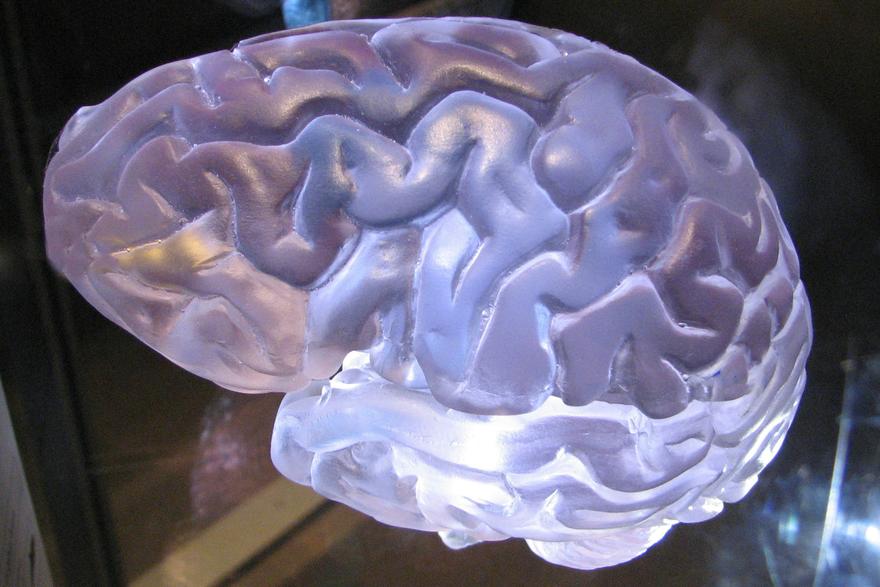Cognitive Flexibility: The Brain Skill Neurocoaching Helps You Master

Introduction:
In a world that’s constantly changing, being mentally flexible is essential. Cognitive flexibility — the brain’s ability to switch between thinking patterns and adapt to new situations — is linked to creativity, problem-solving, and emotional resilience. Neurocoaching offers practical ways to strengthen this vital skill.
What is Cognitive Flexibility?
Cognitive flexibility allows us to see multiple perspectives, adjust our behavior, and find alternative solutions when faced with challenges. People with high cognitive flexibility can navigate uncertainty and recover quickly from setbacks.
Neurocoaching and Cognitive Flexibility:
Neurocoaching methods use neuroscience-backed exercises to stimulate areas of the brain responsible for adaptability, such as the prefrontal cortex. Techniques like reframing problems, mindfulness meditation, and exposure to new experiences help “train” your brain to be more flexible.
For example, reframing challenges by consciously looking for alternative viewpoints rewires your thought patterns, making it easier to respond creatively rather than react rigidly.
Why It Matters for Goal Achievement:
Rigid thinking often causes frustration and limits progress. Cognitive flexibility enables you to pivot strategies, overcome unexpected obstacles, and maintain emotional balance — all critical for staying on track toward your goals.
Conclusion:
Improving cognitive flexibility isn’t just a nice-to-have; it’s a necessity for thriving in complex environments. Neurocoaching provides the tools to build this brain skill, empowering you to adapt, innovate, and succeed.

0 comments
Leave a comment
Please log in or register to post a comment